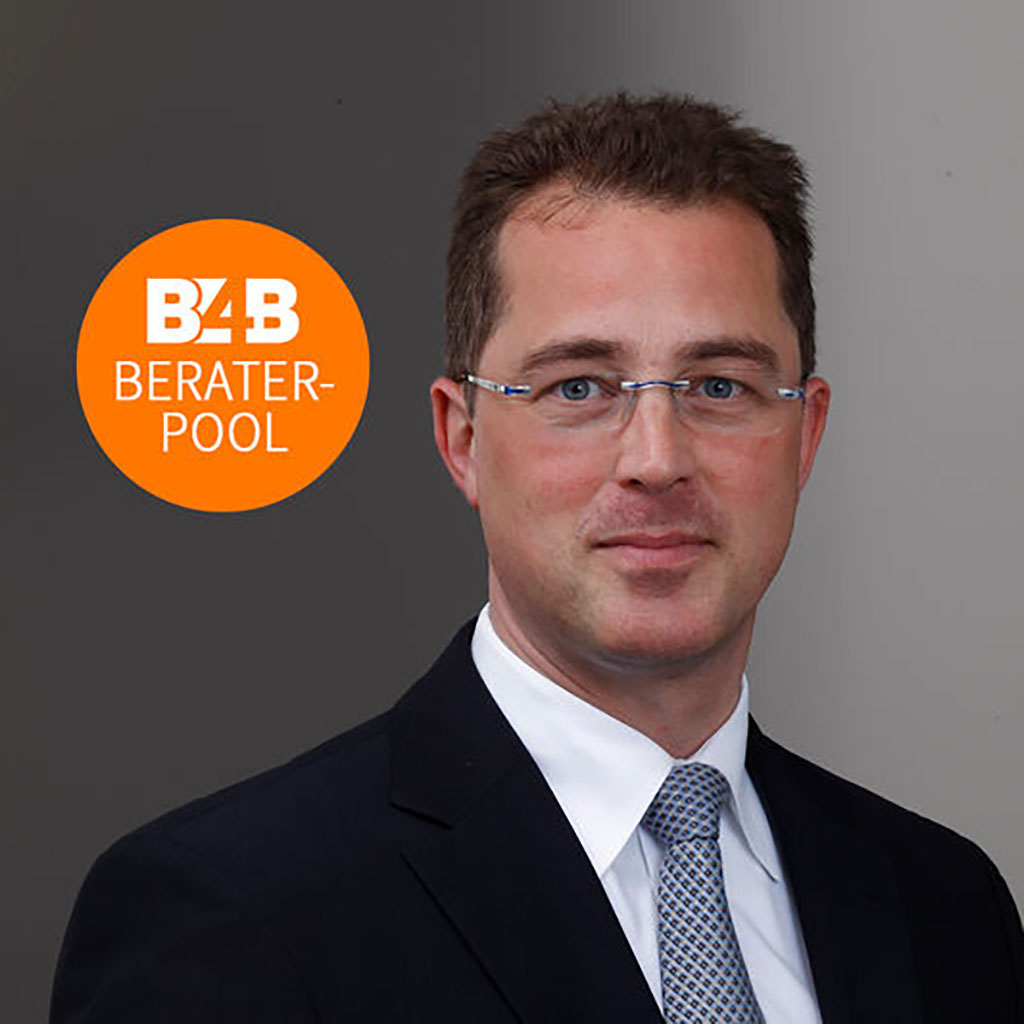First of all, the principle of trademark law applies here, namely that the so-called exhaustion of trademark rights has occurred with the acquisition of a product. Thus, if a purchaser has acquired a product that has been put on the market in Germany, the EU or the EEA with the consent of the trademark owner and is marked with the trademark of the trademark owner, the purchaser may continue to sell the product. The trademark owner has already been remunerated by the purchaser. In principle, advertising for these products under the third-party trademark is then also permitted.
However, the present question leaves open whether it is a question of reselling the machines and tools marked with the third-party trademarks, or whether these are merely shown as “accessories” when advertising and offering other, own products. In the latter case, a distinction can be made as to whether or not the advertised products are related to the machines and tools shown. For the following assessment, special cases such as famous or well-known brands were not considered.
Case 1: The products themselves are to be sold
In the first case, i.e. if the marked machines and tools were acquired with the consent of the trademark owner and the free resale was not otherwise excluded by the trademark owner, e.g. by a so-called closed distribution system, the acquirer may resell the machines and tools and also advertise them with illustrations.
Case 2: The products are “accessories” in the sales prospectus (e.g.: spare parts)
In the second case, i.e. if the products offered are not the machines and tools marked with the third-party trademarks, but are related to them, it is actually not a question of exhaustion. This is because the machines and tools acquired with the consent of the trademark owner are not themselves resold.
Rather, the question arises whether the protective barriers of Section 23 of the German Trademark Act do not apply here, according to which the trademark owner cannot prohibit third parties from using his trademark if it is necessary to identify the trademark owner’s goods and is in accordance with honest practices in trade or commerce. The classic case in this respect is the accessories and spare parts business, according to which the trademark owner must generally accept that third parties must be able to name the main product for which the accessory or spare part is intended. As is usual in the case of restrictions on legal positions which are in themselves justified, such exceptions are generally interpreted restrictively. Thus, the use of the third-party trademark must be mandatory. If the product in question can also be clearly described elsewhere, for example by technical standards or norms, the use of the third-party trademark is already no longer permitted. In addition, the third-party trademark should not be used in a prominent or even promotional manner.
Due to the often special case constellations, the case law on this is extensive and detailed, so that a final assessment can only be made on the basis of the specific case. For example, it is not permissible for the manufacturer of vehicle spare parts to display the corresponding logos in addition to the manufacturer and product word marks necessary to identify the vehicle type. However, the advertising of a rim manufacturer for its rims attached to a vehicle with a manufacturer’s logo was considered uncritical, since the manufacturer’s logo would not be understood as an indication of the origin of the rims, but only of their intended use.
Case 3: The products in the brochure have nothing to do with each other
In the third case, i.e. if the products offered for purchase have no connection whatsoever with the machines and tools shown in the brochure and marked with the third-party brands, their depiction is basically uncritical from the point of view of trademark law, since there is then no risk of confusion under trademark law.
Possible remaining competition or copyright issues would go beyond the scope of this article and cannot be dealt with in depth here, but would have to be examined in individual cases.
Do you have any questions for patent attorney Ulrich Wohlfahrt, or would you like more in-depth advice?

